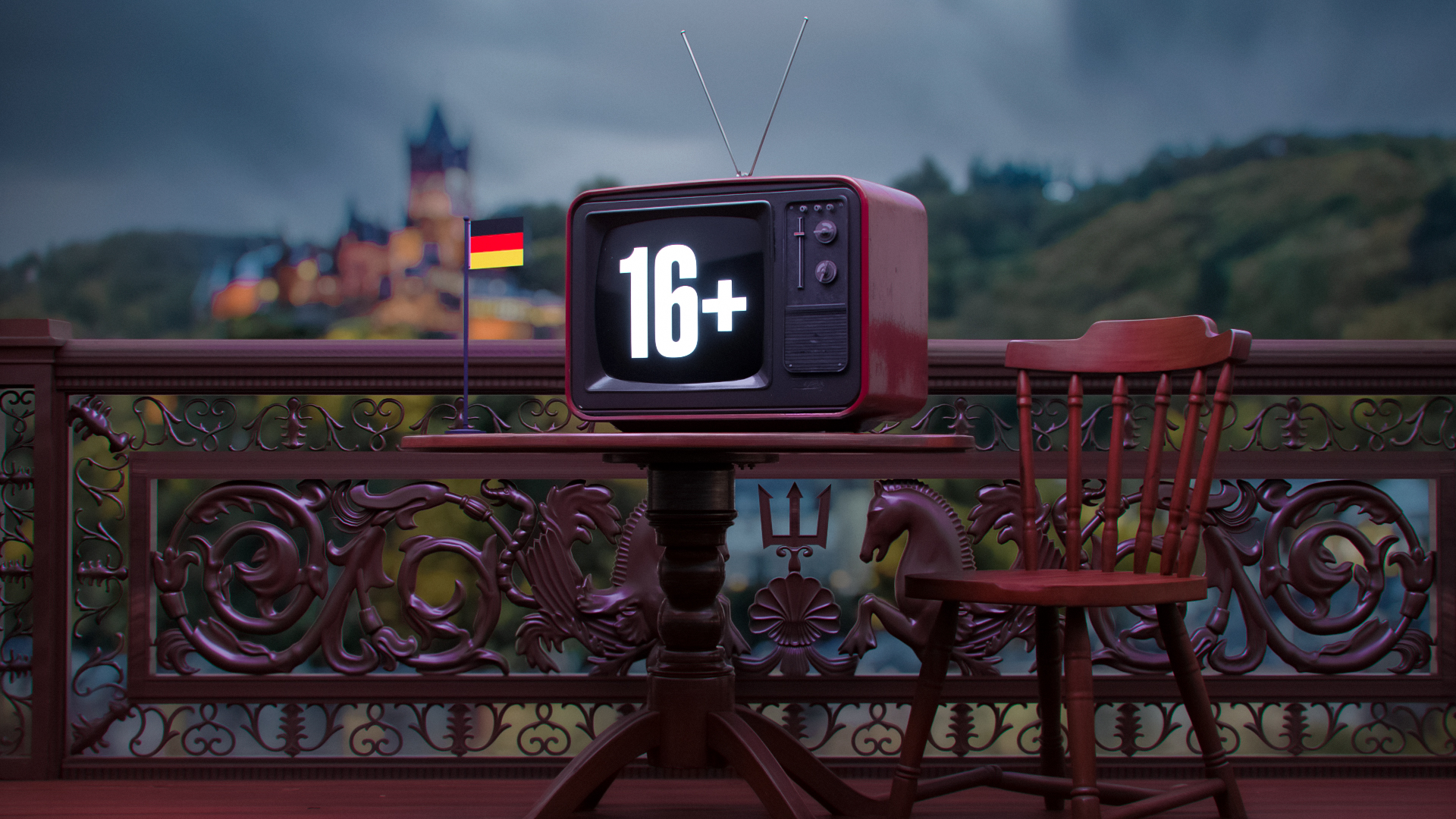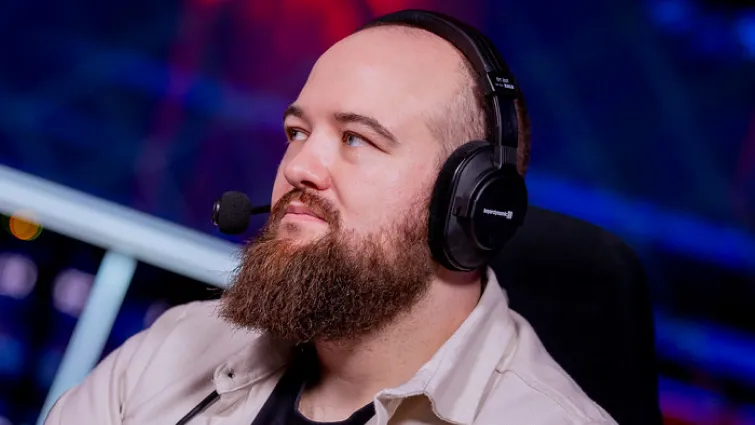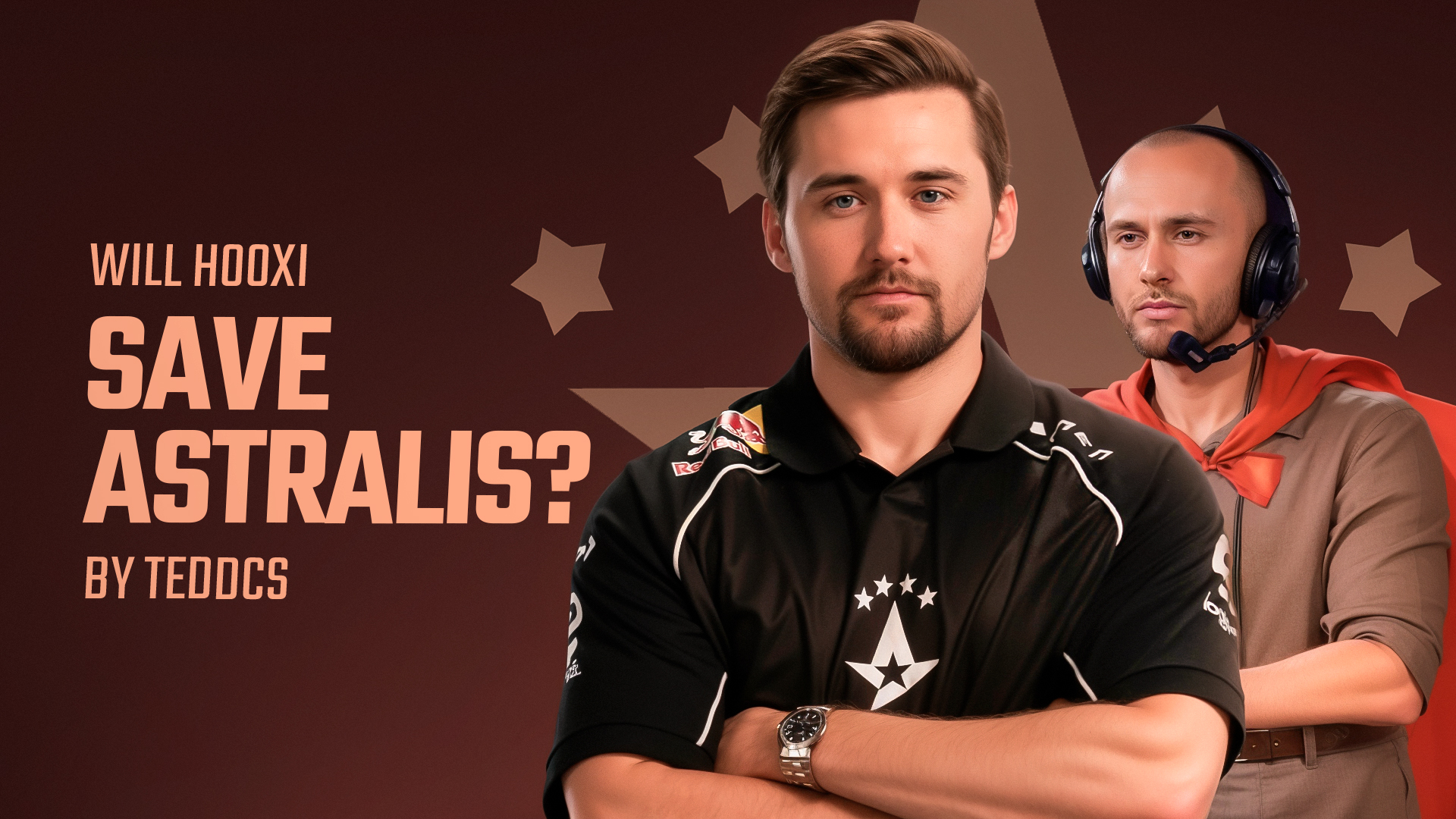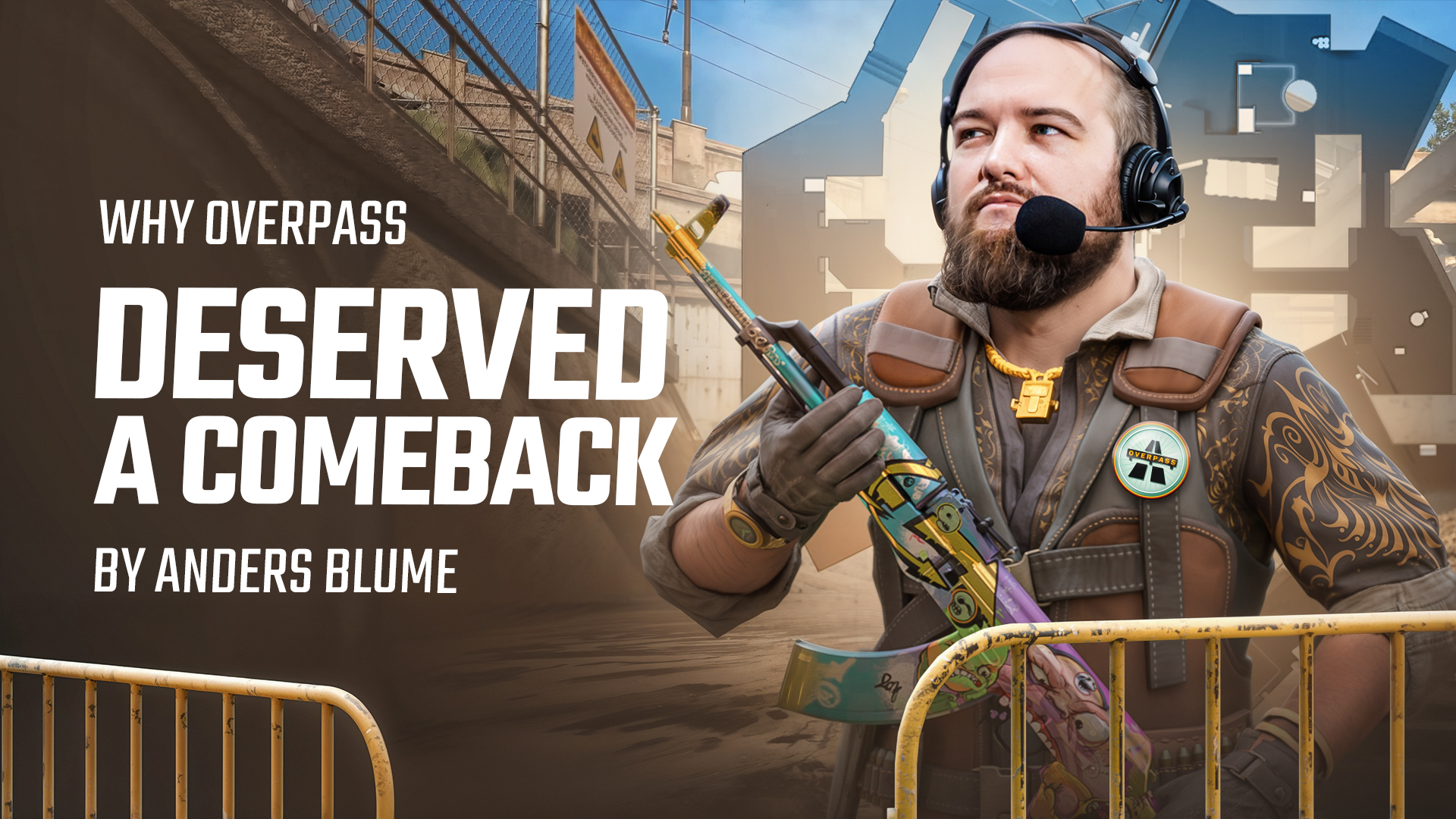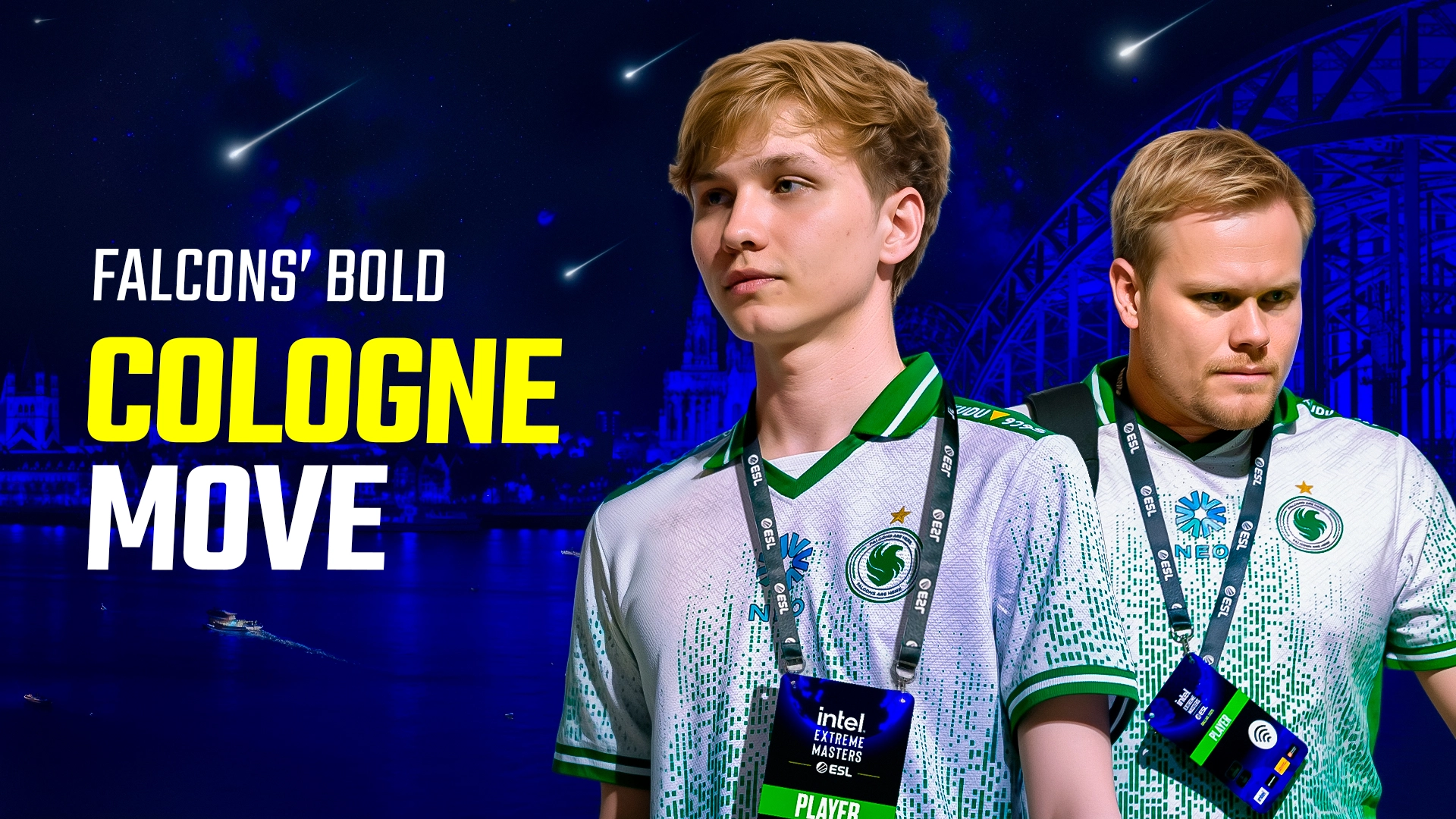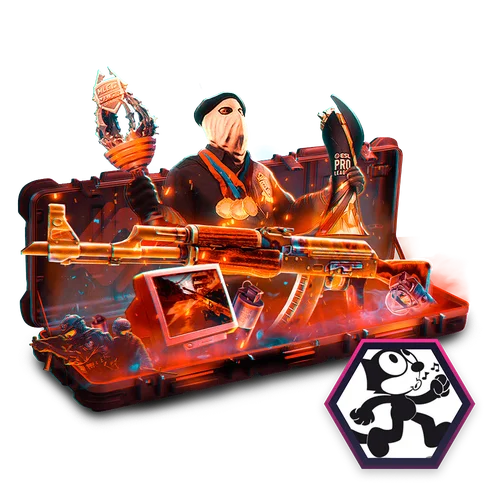What kind of ingredients would you need to build a truly great Counter-Strike nation? A quick wishlist might be something like:
- Strong economy
- Grassroots enthusiasm
- Local experience
- Role models
- Political support
There are probably other interesting x-factors that end up playing a big part, but since I am writing this article trying to crowbar in one specific point, we will leave it at that for now. While most of us are busy laughing at NA CS and for a while UK CS until that became too sad, another country at the heart of Europe kind of slipped under the radar: Germany.
To say that Germany is a strong country when it comes to economics almost feels a bit redundant. But I think particularly in terms of local retailers with a strong interest in the esports audience like Caseking, XMG, and MediaMarkt, there should be a great overlap for some of these in helping to build the German Counter-Strike scene. If you take into account that there are some 70 million Germans, it’s a really big market to potentially miss out on if the future of Counter-Strike for Germans isn’t so much in Germany but in neighbouring countries where top talent might eventually have to migrate to.

In terms of the grassroots level, it would be fair to say that some of the oldest esports organizations in the world are from Germany. Think of brands like Mousesports (now Mouz), SK, Alternate, and many, many others. What this should tell you is that there is a real and sustained long-term interest in Counter-Strike in Germany that goes back to basically the start of the game. Moving on from the team side of things, companies like ESL and Freaks4U are production companies that have been part of the esports space for a very long time and are both founded in Germany. While they are both bigger operations now, they started on passion and drive by Germans wanting to push esports in the country forward. There is also a German esports federation that has been in operation for a long time.
Because of the above, the country is riddled with local experts at pretty much every level of esports you could wish for. I would venture to say that if you throw a rock anywhere in esports, you are likely to hit someone with German roots. I’d recommend you avoid doing it because it does lower work morale. For a while, Riot Games was broadcasting League of Legends from TV studios in Berlin, meaning local Germans would have been hired as runners and assistants and taught how everything works on a large-scale production. Moreover, one of the biggest gaming festivals in the world, GamesCom, is arranged in Cologne each year. Now, in my opinion, GamesCom is a kind of hell on earth, but that is beside the point. What it means is that there is already a lot of movement in the space; the culture already exists in some sense, it just isn’t spilling into Counter-Strike properly. Just to really drive this point home, IEM Cologne is considered the most premier event in Counter-Strike outside of the majors, and yet we have only really once ever seen a German team go far in the tournament.

What about the historical roots of German Counter-Strike? Do we have the heroes? Here is maybe the first sign of trouble we run into. For someone as old as I am, names like Blizzard and Johnny R come to mind as certifiable legends of the German scene. I say the last name with particular pride as I spent a crazy night celebrating the German 7-1 football victory over Brazil with Johnny R in Berlin. But most of the younger generations won’t know who these people are, unfortunately. The obvious real superhero of the scene for me is “gob b”, whose longevity with the game is legendary and something I think the country should be proud of. In a newer age, Tabsen, JDC, and Krimbo are all excellent candidates and legitimately amazing players. But it does feel like a lot of the German talent got lost in the transition from CS 1.6 and CS Source, which might be one of the reasons why the German CS:GO scene never really took off in a big way.
Let’s pause for a moment and look at the picture this far. While there is still plenty of work to be done, the country is actually hitting a lot of the really key aspects we outlined earlier, and even if it would be helpful to have more players for the younger generation to look up to, it’s not like there is nothing at all to work with. So what is the real issue?
As always, the problem is political in nature. I know that makes everyone immediately uncomfortable because as soon as someone mentions politics, it’s an immediate sign that the family dinner is about to be ruined as your drunk uncle wants to educate the younger generations on how things used to be. But this is a different kind of politics. It’s the same old hobby horse of “violence in video games” that hasn’t left the German gaming space quite yet.
In Germany, you can’t really join an esports club for kids and play CS unless you’re older than 16. It’s the law. Think about the crazy implications of this situation. It means that if you’re young and competitive and have a talent for video games, you’re practically forced to end up playing League or Dota or FIFA, simply because of this one restriction. The German government is cuckholding Counter-Strike and it’s unacceptable. Consulting ChatGPT, an unbiased source of truth in 2025, we get the following feedback:

Even German journals agree that there just isn’t any evidence for the supposed link between “violent games” and actual violent outcomes. If that link doesn’t exist, the entire basis for the law appears to vanish in an instant. Without the law, German Counter-Strike might actually have a funnel to pick up new talent before they’re stolen by other games.
Think of how many of the current top talents in the world get to 16 and are already incredible, already have ten thousand hours in the game, but in Germany, you’re likely to start way behind that curve. Not because the country doesn’t have a history with the game. Not because of a lack of local expertise or interest. Not because of a lack of culture around gaming. Simply because the majority of the players that maybe would have been great Counter-Strike players are pushed off that path long before we get a chance to see them, by politics.
I’m not advocating that Germany should reorganize its economy in an effort to become the best Counter-Strike nation ever. I simply think it’s time that the legal prison that Counter-Strike is in should end so that the people in the country who are hungry to build bigger and better things can finally do so without artificial restrictions.
When writing this article, I ended up messaging a lot of German players and colleagues to get a sense of perspective. A lot of interesting feedback was given. But the one thing that was the same in almost every response was the legal aspect keeping younger players from entering the game early enough. I am sure, on the whole, German esports will continue to thrive in a lot of interesting ways going into the future. It just sadly won’t be with Counter-Strike as one of its jewels, and that is tragic.





























